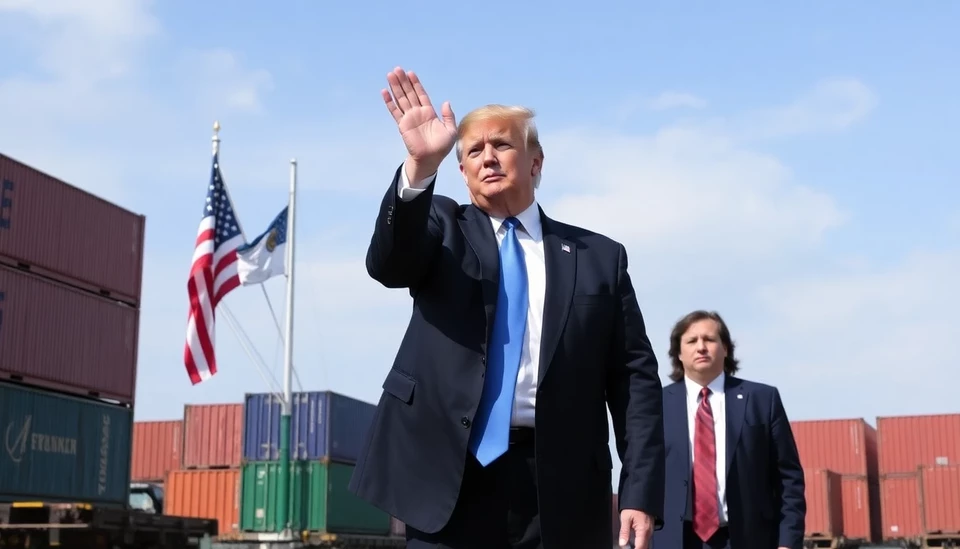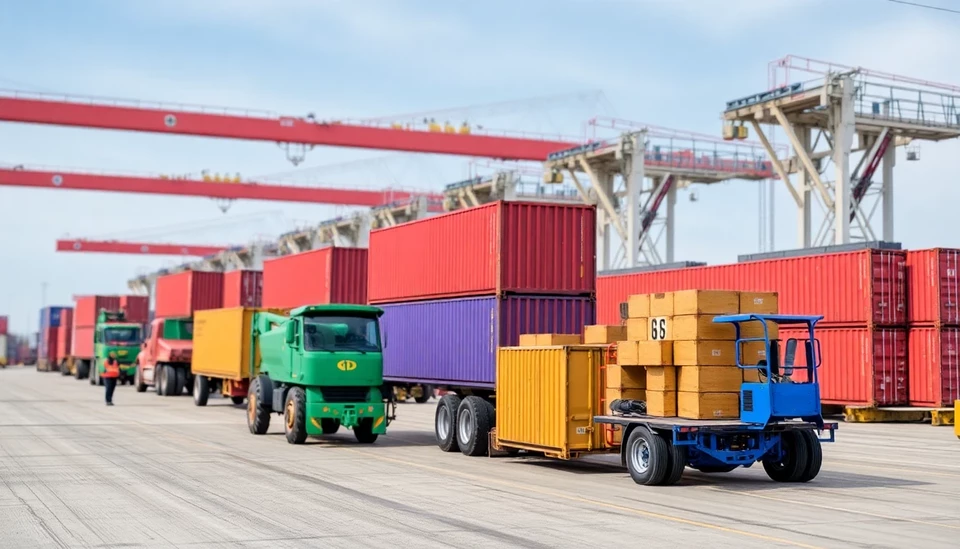
In a significant political shift, U.S. allies have responded with a mix of relief and defiance following former President Donald Trump's unexpected reversal on tariffs. This development comes as the administration seeks to recalibrate its trade policies, which had previously led to strained relations with multiple countries across the globe.
Trump's decision to retract certain tariffs imposed on goods from allied nations has sparked a wave of reactions. These tariffs, initially introduced as part of Trump’s broader strategy to promote American manufacturing, had faced substantial backlash not just from foreign governments, but also from American businesses that argued they were being unfairly impacted.
One of the most notable responses came from European Union officials, who welcomed the announcement as a step towards mending transatlantic ties. They noted that the previous tariffs had hampered cooperation on various fronts, including climate change initiatives and security collaborations. The EU has long argued that open trade benefits all parties involved and promotes economic growth. The reversal seen today signals a potential thaw in the previously icy relations fostered during Trump's presidency.
Meanwhile, officials from Canada and Mexico expressed cautious optimism regarding the decision. The tariffs had caused significant disruptions in trade flows within North America, particularly affecting sectors such as agriculture and automotive. Justin Trudeau, the Canadian Prime Minister, remarked that he viewed the development as an opportunity to build new frameworks for cooperation, emphasizing the importance of mutual respect in trade negotiations.
However, not all reactions were purely celebratory. Some countries conveyed a sense of defiance, arguing that the tariff war had already caused irreparable damage to their economies. Officials from countries such as China and India expressed skepticism, claiming that the U.S. should commit to a more predictable trade policy instead of sporadic reversals. These nations have continued to push back against previous tariffs and stressed the importance of fair trade practices going forward.
The reversal has sparked discussions among economists and political analysts regarding its implications for future trade agreements. Some experts have noted that while this decision may ease immediate tensions, it remains to be seen whether it will lead to broader negotiations that can establish long-term stability in international trade. There are concerns that future administrations may revert to a confrontational stance, which could once again disrupt global markets.
In conclusion, as the smoke clears from Trump's strategic U-turn on tariffs, the world watches closely. Will this move pave the way for a new era of cooperative trade relationships, or is it merely a temporary pause in ongoing tensions? The coming weeks will likely shed more light on how U.S. allies choose to navigate this changing landscape, balancing relief with a readiness to push back against unfair trade practices.
#Tariffs #TradeRelations #Trump #InternationalTrade #Economy #EU #Canada #Mexico #China #India
Author: Rachel Greene




